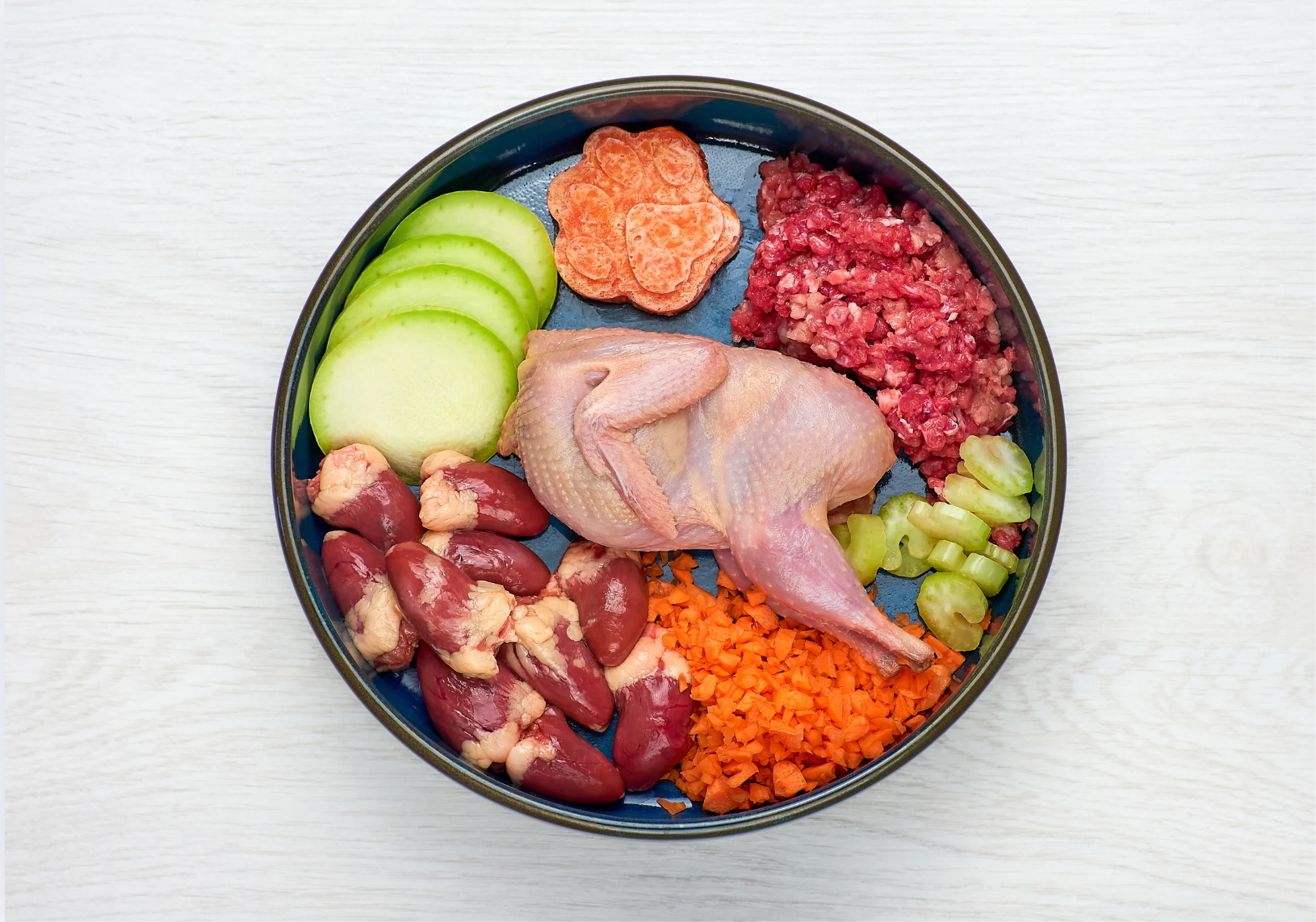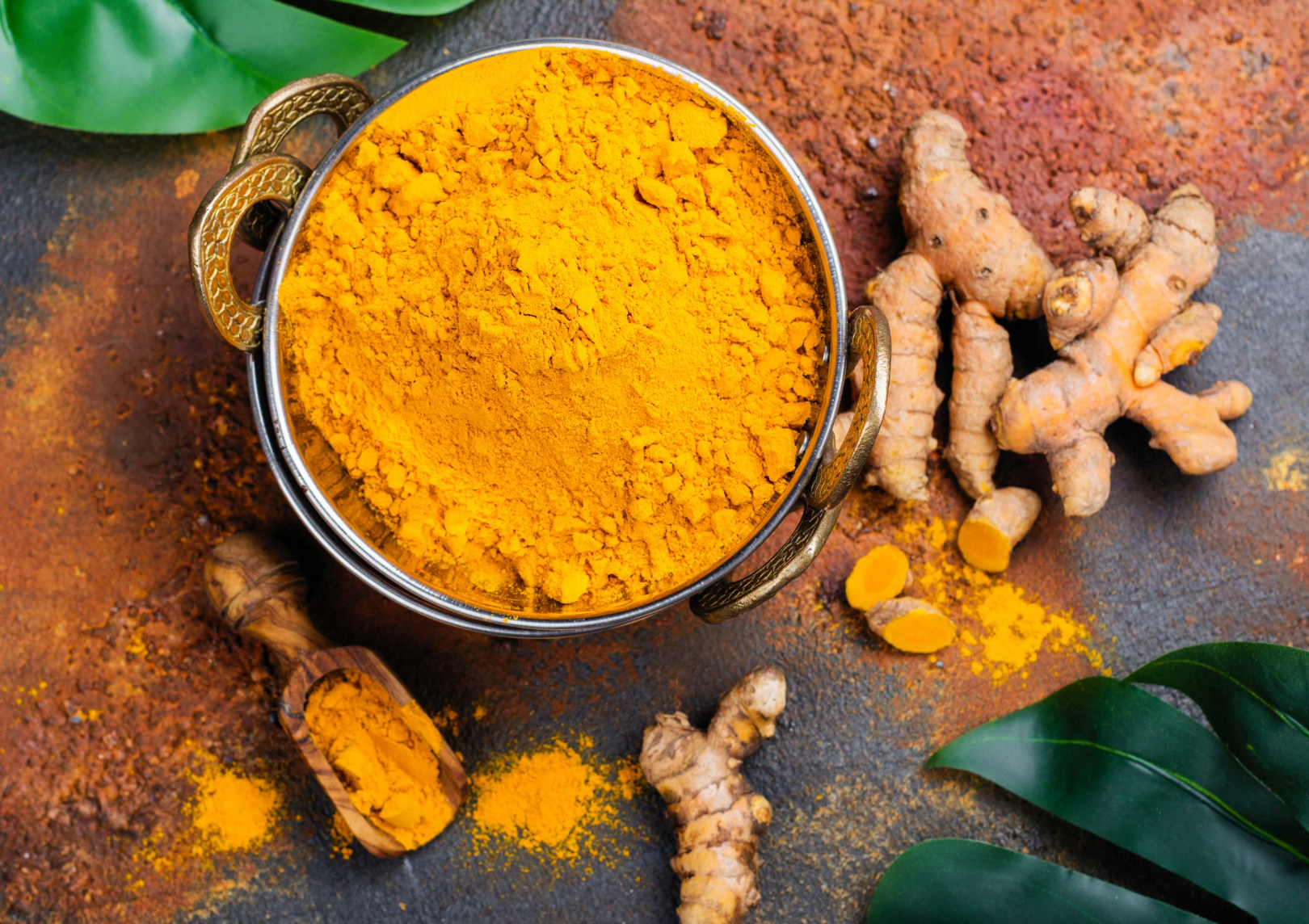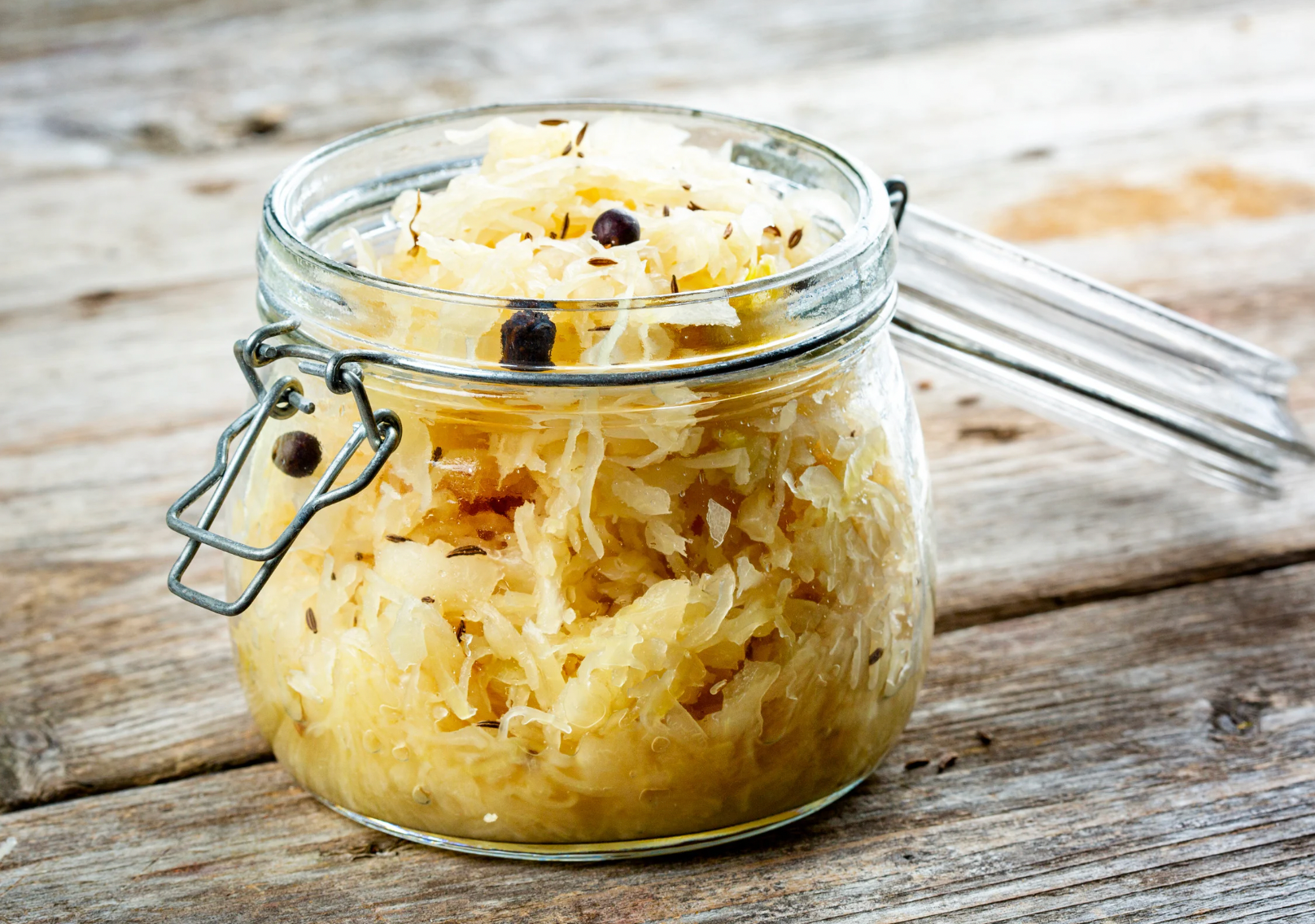
Raw vs. Kibble: How Processed Food Affects Your Dog’s Gut & Overall Health
Choosing the right diet for your dog is one of the most important decisions you can make as a pet owner. The debate between raw feeding and kibble continues to grow, especially as more people learn about the impact of diet on gut health. In this blog, we’ll explore how processed food affects your dog’s gut microbiome, inflammation levels, and nutrient absorption—and why raw feeding may be the better choice for long-term health.
Understanding the Gut Microbiome
Your dog’s gut is home to trillions of bacteria that play a crucial role in digestion, immunity, and overall well-being. A balanced microbiome promotes a strong immune system, healthy digestion, and better nutrient absorption. However, the type of food your dog eats directly influences this delicate ecosystem.
How Kibble Affects Gut Health
Kibble is a processed food designed for convenience, but it often comes with drawbacks when it comes to gut health. Here’s why:
✔ High in Carbohydrates & Fillers – Many commercial kibbles contain grains, legumes, and starches that can disrupt gut bacteria, leading to imbalances and digestive issues.
✔ Low in Natural Enzymes & Probiotics – Since kibble is heavily processed at high temperatures, it lacks natural digestive enzymes and beneficial probiotics that support gut health.
✔ Can Lead to Inflammation – Highly processed ingredients and artificial additives may contribute to chronic inflammation, which can cause skin issues, joint pain, and digestive disorders.
✔ Lower Bioavailability of Nutrients – The intense processing of kibble can strip nutrients from ingredients, reducing their bioavailability and making it harder for your dog’s body to absorb essential vitamins and minerals.
The Benefits of a Raw Diet for Gut Health
A raw diet consists of fresh, unprocessed meats, bones, and organs, often supplemented with vegetables, fruits, and natural probiotics. Here’s how raw feeding supports gut and overall health:
✔ Supports a Balanced Gut Microbiome – Raw diets contain natural probiotics and enzymes that nourish beneficial gut bacteria, promoting a healthy microbiome.
✔ Reduces Inflammation – Fresh, whole foods are free from artificial preservatives and fillers that contribute to inflammation, leading to better joint, skin, and digestive health.
✔ Improves Nutrient Absorption – Raw food is naturally bioavailable, meaning your dog can absorb more nutrients without relying on synthetic vitamins and minerals.
✔ Encourages Healthy Digestion – The natural fiber in raw food, combined with high moisture content, aids digestion and helps prevent bloating, constipation, and diarrhea.
Making the Switch: Transitioning to Raw
If you’re considering switching your dog to a raw diet, it’s essential to transition gradually to avoid digestive upset. Start by incorporating small amounts of raw food into their meals while reducing kibble over time. Adding probiotics or fermented foods like kefir can also help support a smooth transition.
If DIY seems too overwhelming, there are some incredible commercial companies now that deliver fresh food to your door. You can try Raw and Fresh.


